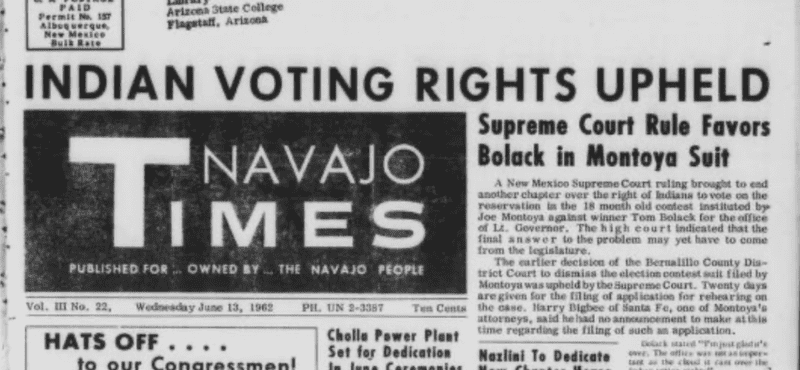1868
14th Amendment not applied to Native Americans
Although the 14th Amendment established that African slaves born in the US and subject to its jurisdiction were US citizens, it did not apply to Native Americans, who were considered at the time to have allegiance to their tribes and who were deemed to be governed by tribal laws.
1887
Path to citizenship for Native Americans
Passage of the Dawes Act offered native people a path to citizenship if they were willing to give up their tribal association. Approximately two-thirds of Native Americans became citizens in this manner over the next 37 years.
1919
A less-used path to citizenship
The American Indian Citizenship Act gave Native Americans who served in the military during World War I the opportunity to apply for citizenship. The Act applied to the approximately 9,000 Native Americans who served during the war; few of them chose to apply under the Act.
1924
Citizenship for all Native Americans
The Indian Citizenship Act granted all Native Americans citizenship. Many states nonetheless made laws and policies which prohibited Native Americans from voting.
1947
Legal barriers to Native American voting removed
Miguel Trujillo, a Native American and former Marine, sued New Mexico for not allowing him to vote. He won and New Mexico and Arizona were required to give the vote to all Native Americans. The last state laws denying Native Americans the right to vote were overturned in 1948.


